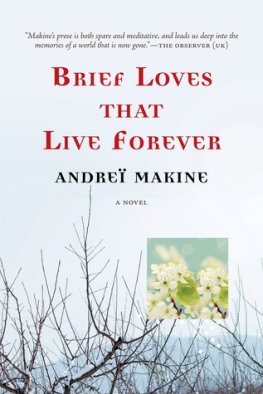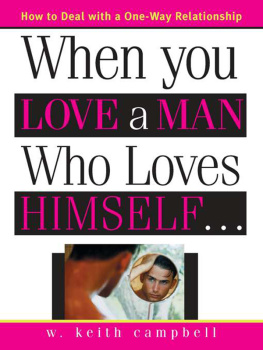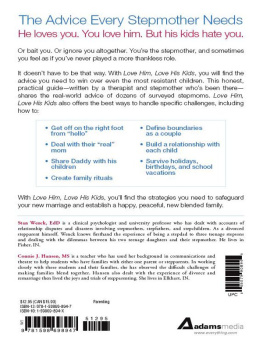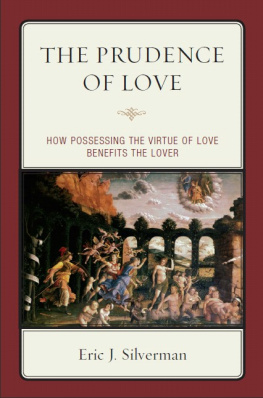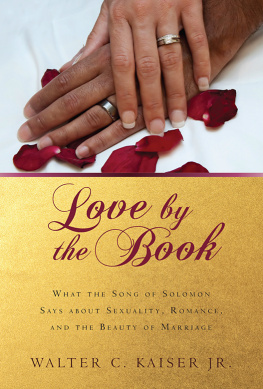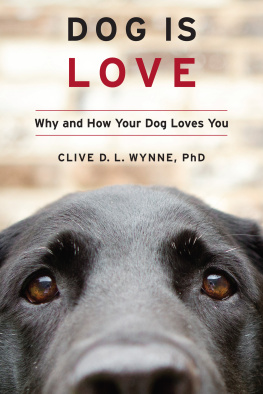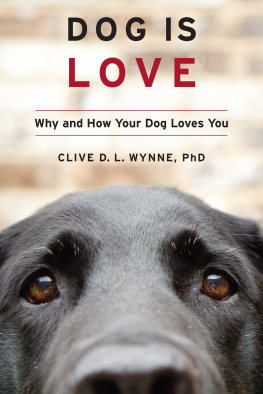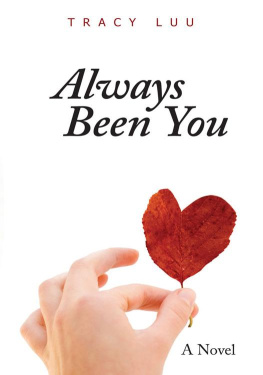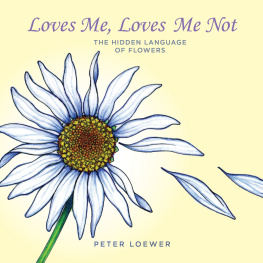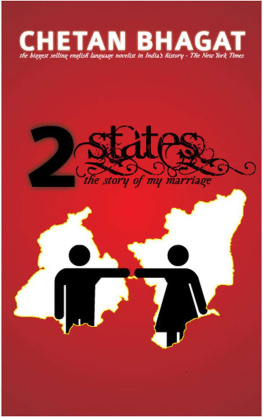LOVES ME...NOT

Copyright 2014 Samara OShea
All rights reserved, including the right of reproduction in whole or in part in any form without the express written permission of the publisher.
Library of Congress Control Number: 2013942657
Loves Me... Not
How to Survive (and Thrive!) in the Face of Unrequited Love
Samara OShea
p.cm.
1. Self-Help / Personal Growth 2. Love & Romance
3. Happiness
Samara OShea1st Edition
ISBN: 978-0-9849543-7-7
Cover design by Veronica Zhu Book design by Casey Hampton
February Books
215 Park Avenue South
New York, NY 10003
www.februarybooks.com
CONTENTS

Nothing takes the taste out of peanut butter quite like unrequited love.
Charlie Brown
D o you remember your first crush? Me too. I was in second grade and Joey Harshall sure did put an extra skip in my prepubescent step. First crushes are easy to recall because they mark the moment in our emotional evolution when we become significantly more aware of ourselves as individuals. We have a vibrant interest in something that exists outside our home, and it has nothing to do with our family. We cant even ask our parents if theyll buy it for us; its a different kind of want altogether.
What follows the new awareness of a crush, almost immediately, is the fear that hein this case, Joeymight not have a crush on me. This is why its essential in elementary school to keep your feelings a secret and pretend as though you hate the boy while chasing him around with a purple baton. Even at a young age, we have a sense of what rejection is and know instinctively that it is not good.
Ive had countless crushes since second grade, and I still consider the experience to be among lifes best natural highs. Youre excited for no reason. You carry around a sweet secret, and it makes you smile while standing in strange placeslike the feminine hygiene aisle at CVS. You are one with nature, hence the stars in your eyes and butterflies in your stomach. Colors are brighter. Food tastes better. The sun feels warmer. And, somehow, every crush feels like the first crush. Each time, its as if youve just been introduced to a part of yourself you didnt know existed.
As wonderful as crushes are, however, their lifespan is short; they tend to morph into different form very quickly. Sometimes they evaporate completely and the source of the crush no longer elicits any reaction from you. In a more dangerous transmogrification, the crush boils overit grows in intensity without reciprocation and becomes an obsession. Sometimes a crush solidifies into a relationship, in which case it usually upgrades to infatuation for a year or two and eventually becomes something less intense and more concrete. Unless, that is, the relationship ends against the will of one half of the (now ex-) couple. In that case, a wide-open wound remains that runs the risk of becoming an obsession if it doesnt heal properly.
Since many of us are at risk for catching an all-consuming obsession, if we dont have one already, and since obsession itself is on the rise (more on this in a moment) thats what were going to focus on. Our purpose here is to stop unrequited love in its tracks so you can avoid reaching the point of obsession, walk triumphantly away from your unreturned feelings, and continue on the meaningful search for reciprocated feelings.
Unrequited love is tricky in that its easy to slip into without noticing. As mentioned, it can start with a whimsical crush andfor some of usbecome something that is seemingly selfless. You may find yourself willing to do anything for your stud muffin. Youre primed to wash and wax his car, update his blog, and hem his pants. You feel gallant since youre willing to go so far out of your way for another person. It feels as if youre working toward something, and working hard is good, right?
In literature, people often die in the name of unrequited love. Classic examples include: ponine in Les Miserable, Quasimodo in The Hunchback of Notre Dame, the mermaid in Hans Christian Andersens original The Little Mermaid (yes its true, and Ill tell the real story in a bit). Cyrano in Cyrano de Bergerac didnt die right away, but he lived a sullen, unfulfilled life because of unrequited love. Why do authors gravitate toward this scenario? Well, it does make for a good story. But losing your life, either literally or figuratively, in the name of someone who wont give you the time of day is not valiant, and it doesnt translate well into reality. I know because Ive wasted countless hours of my life scheming, plotting, and praying for some guy to give me the attention I was willing to give him. Id adamantly protest to my friends, How can you ask me to give up on this? Isnt love worth fighting for? Love is worth fighting for, but what I was feeling wasnt love; it was neediness and obsession. You could not have convinced me of that at the time, .
I mentioned that obsession is on the rise, and the reason probably wont surprise you. An article entitled The Thoroughly Modern Guide to Breakups, in the February 2011 issue of Psychology Today, cites that due to our cyber-socializing, hypersensitivity to rejection is on the rise and its contributing to large increases in stalking behavior. Because Google and Facebook give us such an intimate look into other peoples lives, it is increasingly difficult to know where to draw the line. Even if you arent following your would-be heartthrob home, looking at his profile page every day is feeding your feelings in a negative way.
In junior high, romantic rejection is pretty straightforward; if a guy doesnt like you, he ignores you, makes fun of you, or calls you kid. As an adult, though, it gets more complicated. A man might flirt openly with you at the water cooler but never ask you out. He might wine you, dine you, and take you to a bed and breakfast for the weekendbut that doesnt mean he wants to be exclusive. He might tell you he wants to be with you one day and then stop calling the next. A man might even ask you to marry him but then change his mind and send you an e-mail asking for the ring back (true story). All of these scenarios happen, and they have always happened. Long before e-mail was invented, people were breaking hearts in careless ways.
What hasnt always happened is the psychological study of love. That pursuit is roughly sixty years old, which is young in the research world. Ive read a great deal on the subject and learned some important things. The most valuable lesson Ive acquired is that (spoiler alert) unrequited love is not love at all, but, rather, it is a lack of lovefor yourself. True love begins with a deep, authentic, steadfast, profound, and passionate love for yourself. It sounds unbearably narcissistic, I know, but I assure you its not, and there is plenty of evidence coming your way. Without that love for yourself, you desperately search for someone (anyone!) to validate you, to complete you, and to be the cherry on top of the double-fudge sundae that is your life.
In fairness to us all, we as a society are taught to think that the answer to loves questions lie in another person. We are presented with images of perfect love from a young age. These images are usually comprised of a man, a woman, an evil queen, a glass slipper, talking animals, and a little fairy dust. The first problem with this ideal is that another person cant complete you. Complement you, yes; complete you, no.
Next page

